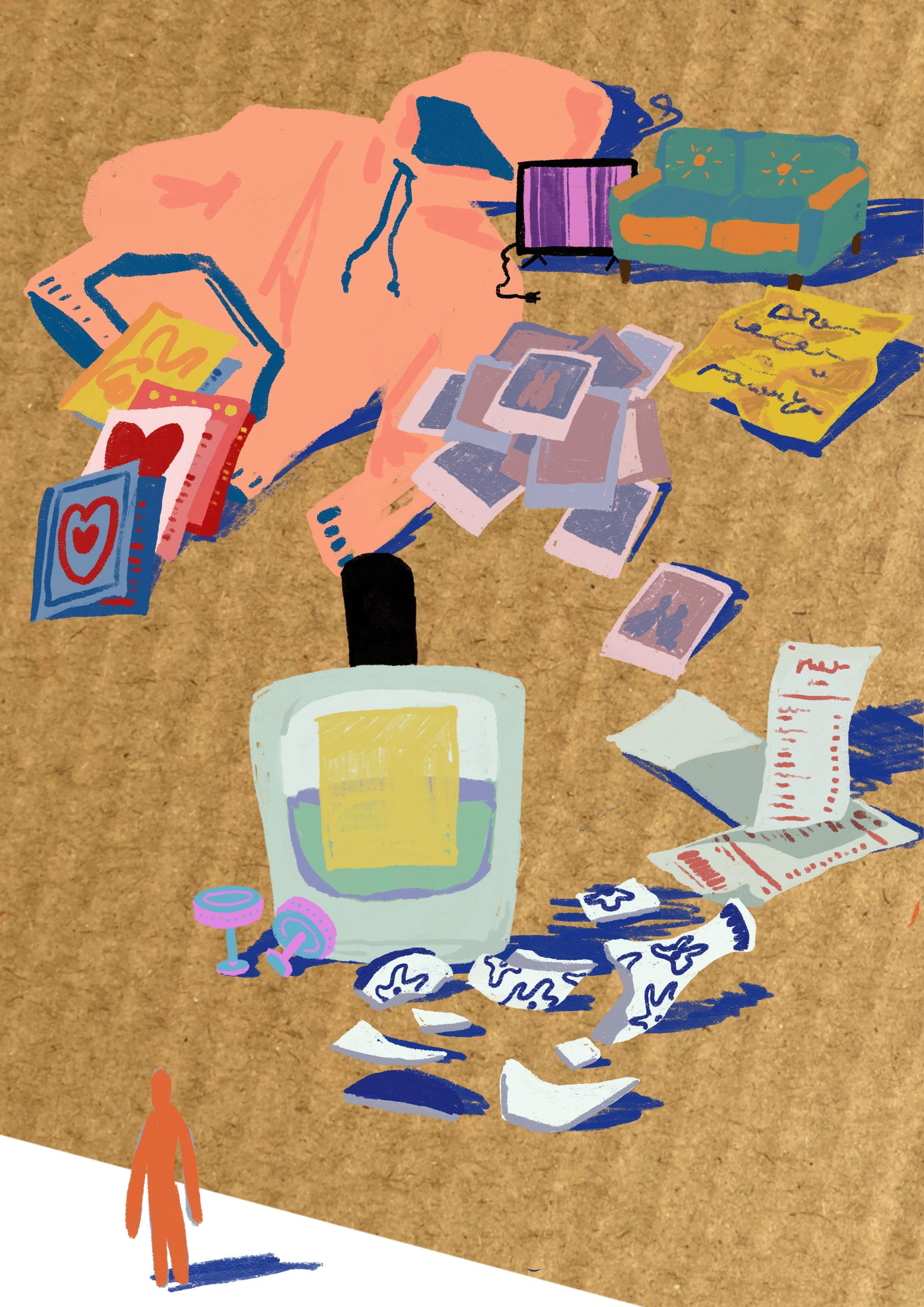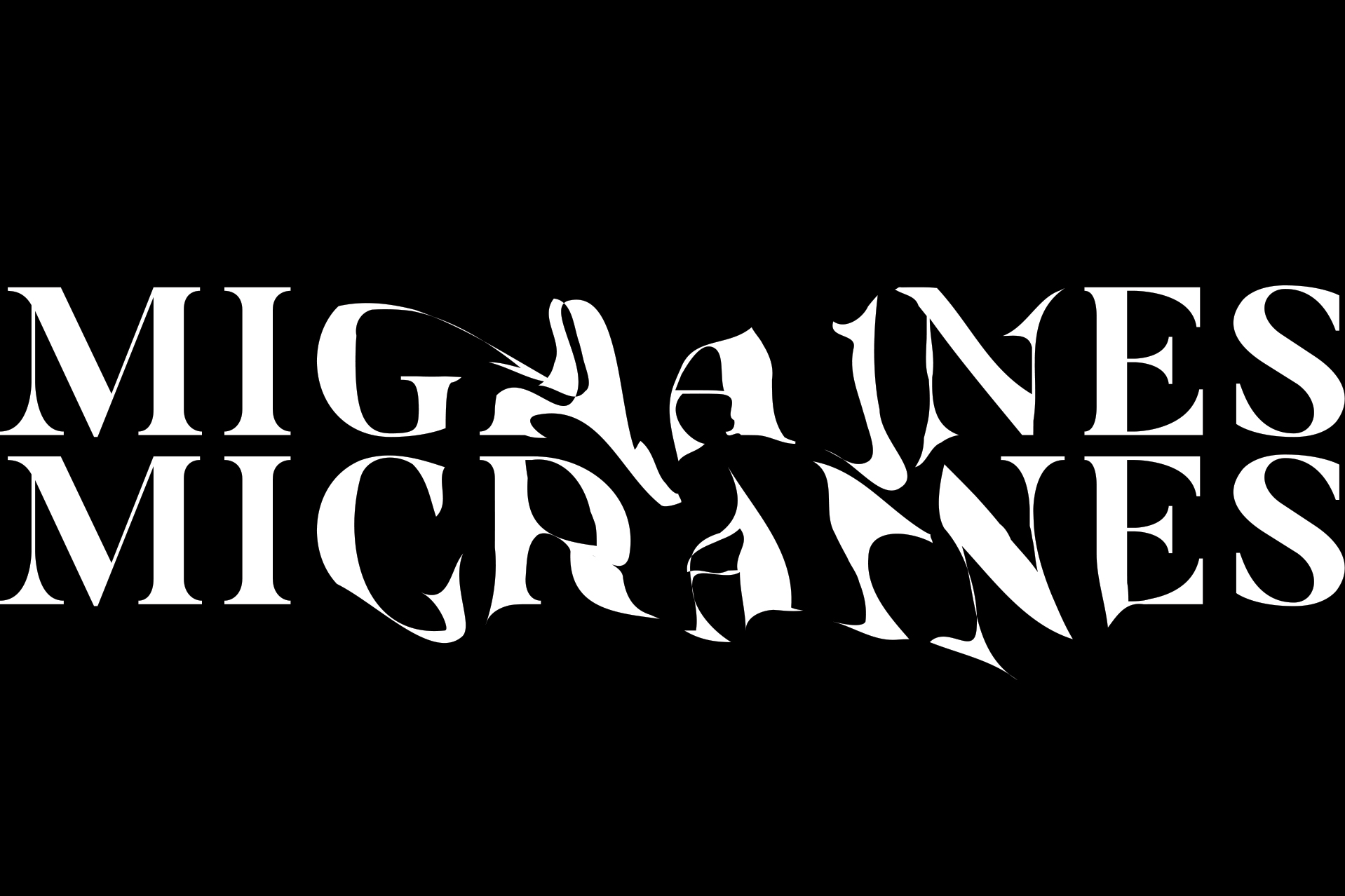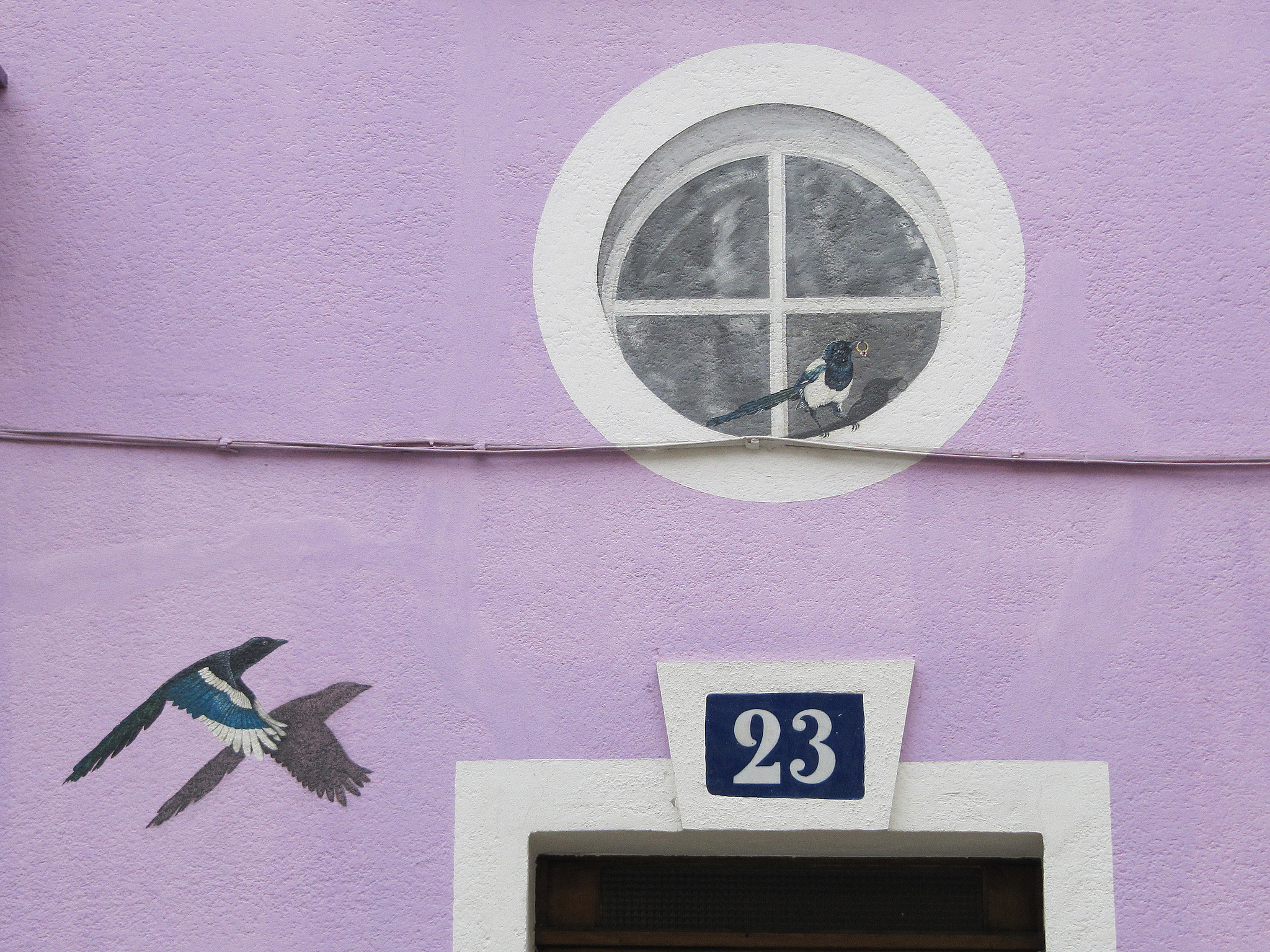
All That’s Left
She fills the Emma Bridgewater mug with hot water—her daily cup of English breakfast tea, with more than a splash of milk. The mug has a permanent home on her desk, its polka dots striking as ever—red, yellow, green and the blueish purplish grey—which was it? They could never quite decide. After a year, she stopped noticing their initials written squarely in the centre of the mug.
She rescued the pink scarf from the box moments after packing it away. She still doesn’t wear scarves—they’re too ticklish, too scratchy. She put it on that one January just to see his eyes light up, but she couldn’t help but shrink away from it when they tried moulding their snowman—tucked her neck under her chin as much as she could. He noticed it at some point and asked her if she was cold. She never liked winter. He reached out to tuck the ends of the scarf into her coat and said he was glad she had it to hide under. The scarf now permanently occupies the space before her keyboard, repurposed into some kind of wrist rest—the sleeves of her jumper defending her from the itch.
The dress she wore on their first date survives too. It’s one of her favourites after all: she was wearing it the day she met her best friend and it accompanied her at graduation. She picked it out for their first date at the aquarium because she was nervous, and it was comforting. Anyway, the light blue complemented the blue of the aquarium—easy for her to pretend she belongs. She’s wearing it to brunch next Tuesday.
She ended up listing the television and sofa for sale on Facebook, which fetched surprisingly good prices—well-loved, or barely used? The Polaroids and cards never made it out of the box, neither did the vase, which has since been further divided—the shards lightly jabbing words long past expiration. She thought about using it for a mosaic.
The painting of the gondolas in Venice somehow made its way to a friend’s house, who thought she just wanted a change. She doesn’t mind though, they bought it because it was nice. It still is. Besides, she’s filled the space with origami stars, each one already wished upon.
She still dreams of the trips they saved up for (or wanted to)—the fridge magnet collection that would have expanded beyond recollection. They were meant to go to Bath—he grew up nearby and promised to take her to the Jane Austen Centre. She would have written lines from her favourite novel with a quill, words discernible only to her (she was, after all, left-handed). Afterwards, they’d have a picnic in front of the Royal Crescent. They would’ve gone to Vienna one April (which the sale of their furniture could have funded), revelling in the sunshine, no longer needing their coats.
Her parents wonder why a photo of them remains on her fridge, held by the magnet they picked out in Venice. They don’t ask, but she can see their eyes lingering on the fridge every time they come over. She can’t quite give them an answer, if she’s honest. But it made sense—they loved each other before ‘love’ morphed into a mantra. At some point, she wasn’t sure who she was convincing, but she knew the box into which she tried to push their life was overflowing. The tears on the edges evidence of its struggle to contain the last few years—surely a sign that she should keep it. They had a good run: after all, they made it to Venice.
She picks up the box—his hoodie and cufflinks tucked under the cards he wrote, protected from the vase. The half-empty bottle of aftershave leaned against the cardboard wall. She gently deposits the box into the bin—she needs the space. And she has this inventory of remembrances anyway. She picks up a copy of The Orange and other poems: adding, subtracting, tallying… ∎
Words by Keng Yu Lai. Art by Cindy Liu.






